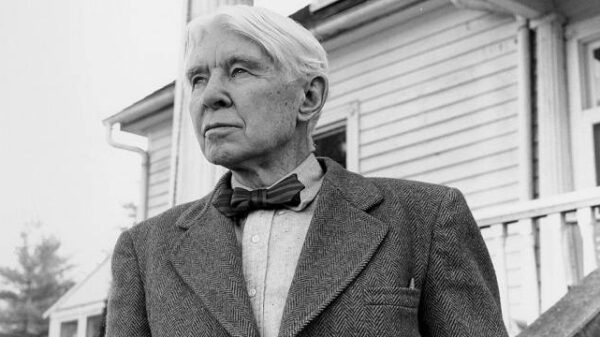The death penalty is one of the oldest forms of justice in human history. Its origins date back to ancient civilizations and have evolved through different religious doctrines, legal fields, and philosophical debates.
Over the centuries, societies have questioned its morality, effectiveness, and fairness, leading to significant changes in its application. This history examines the evolution of the death penalty, from its beginnings to its modern use, highlighting its cultural, legal, and ethical aspects.
Read Also: The Most Catastrophic & Deadliest Aviation Accident In History
First Known Death Penalty

The first known death penalty appeared in ancient legal codes designed to maintain order and deter crime. The Code of Ur-Nammu (circa 2100–2050 BCE) from Mesopotamia is the earliest recorded legal text to prescribe death as punishment for crimes such as murder and theft.
Similarly, the Code of Hammurabi (circa 1750 BCE) introduced the principle of “an eye for an eye,” mandating execution for crimes like theft, adultery, and false accusations.
In ancient Egypt, capital punishment was used for crimes such as treason, murder, and religious violations. Public executions reinforced state power and served as warnings to others. Ancient China’s Qin Dynasty (221–206 BCE) implemented the death penalty even for minor offenses, reflecting its Legalist philosophy that emphasized strict deterrence.
Greek and Roman societies also used the death penalty extensively. In Athens, figures like Socrates were executed for dissent, while in Rome, crucifixion, beheading, and other harsh methods were common for slaves, rebels, and political enemies.
Rome’s Twelve Tables (451 BCE) included capital punishment for crimes like treason and libel.
Religion and Medieval Practices
Religion significantly influenced the use of the death penalty. In the Old Testament, punishments such as stoning, burning, and hanging were prescribed for offenses like blasphemy and adultery.
In Islamic law (Sharia), death sentences for crimes like murder and apostasy were subject to strict evidentiary requirements.
During the medieval times in Europe, executions became public spectacles, reflecting both judicial practices and societal norms. Crimes like heresy, witchcraft, and treason were punishable by hanging, burning, or beheading.
England’s Bloody Code of the 18th century listed over 200 capital offenses, including minor crimes, highlighting the era’s severe penal systems.
Read Also: The History Of Magic and Its Evolvement
The Call for Reform

In the 18th century, philosophers began questioning the morality and efficacy of the death penalty. Cesare Beccaria, in his seminal work On Crimes and Punishments (1764), argued that it was cruel, ineffective, and prone to judicial error. His ideas sparked debates and influenced reforms in Europe and the Americas.
By the 19th century, some nations began to abolish or restrict the death penalty. Michigan became the first U.S. state to outlaw it in 1846, and Venezuela became the first country to abolish it entirely in 1863.
The Geneva Conventions (1949) later prohibited executions for prisoners of war, reflecting evolving humanitarian values.
20th Century Developments

The 20th century saw significant changes in the use of capital punishment. After World War II, countries like Germany and the United Kingdom abolished it, while others, including the United States, experienced heated debates.
The U.S. Supreme Court temporarily halted executions in 1972, citing their arbitrary application in Furman v. Georgia. Executions resumed in 1976 with revised laws, but concerns about racial bias, wrongful convictions, and inhumane methods persisted.
International organizations like the United Nations have since advocated for global abolition. By 2023, over 110 countries had abolished the death penalty, while others, including China and Iran, continued its use.
Read Also: Meet Ishola Oyenusi, Nigeria’s Deadliest Armed Robber In History Who Smiled At His Death
Death Penalty Today
Today, the death penalty remains a contentious issue. Proponents argue that it deters crime and delivers justice for severe offenses, while opponents cite irreversibility, racial disparities, and its questionable deterrent effect.
Advances in DNA testing have led to the exoneration of many wrongfully convicted individuals, raising doubts about the system’s reliability.
Global trends indicate a gradual move toward abolition, driven by legal reforms, international advocacy, and shifting ethical standards. The future of capital punishment remains uncertain, as societies continue to grapple with its moral and legal implications.
Poet Nazir is a writer and an editor here on ThePoetsHub. Outside this space, he works as a poet, screenwriter, author, relationship adviser and a reader. He is also the founder & lead director of PNSP Studios, a film production firm.










